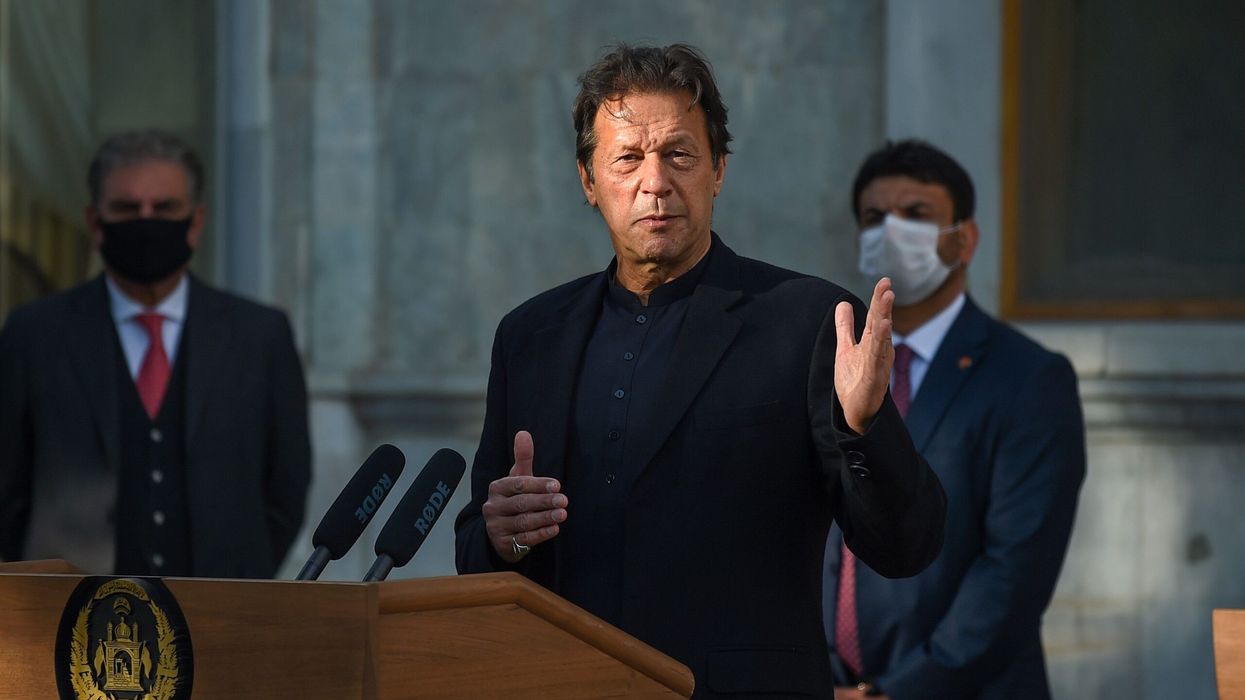Former Pakistan prime minister Imran Khan was handed a 10-year imprisonment sentence this Tuesday (30), a decision coming shortly before the country's forthcoming election, in which his party is notably hindered from competing effectively.
Khan's sentence was handed down inside Adiala jail, where he has been confined for much of the time since his August arrest and buried under an avalanche of court cases, he says have been orchestrated to prevent his return to office.
The same sentence was handed down on Shah Mehmood Qureshi, vice-president of the Pakistan Tehreek-e-Insaf (PTI) party who served as foreign minister under Khan.
"Former prime minister Imran Khan and PTI vice-president Qureshi have been sentenced to 10 years each," a spokesman for the party said.
State media also reported the convictions and sentences.
The case against both men related to allegations they leaked classified state documents.
Khan was prime minister from 2018 to 2022 -- when he was ousted in a no confidence vote after losing the backing of the nation's military kingmakers.
As opposition leader he waged an unprecedented campaign of defiance against the top brass, accusing them of ousting him in a US-backed conspiracy and of plotting an assassination attempt which wounded him.
Khan was briefly arrested last May, and Islamabad used the resulting unrest to justify a sweeping crackdown on PTI which has seen many senior leaders defect or go underground.
"This is murder of justice," said Tauseef Ahmed Khan, a human right activist and political analyst.
"But his popularity among the people will grow in leaps and bounds as his sympathisers will increase because of this gross injustice."
PTI has been largely absent from the public sphere in the runup to elections.
The party has been stripped of its election symbol, and candidates forced to run as individuals.
At the same time Nawaz Sharif -- head of one of the dynastic parties which have historically helmed Pakistan -- has returned from self-imposed exile and seen his myriad convictions dissolve in the courts.
Analysts say it's a sign the three-time former prime minister is the favoured candidate of the top brass, who have directly ruled Pakistan for much of its history.
According to Pakistan's constitution, elections must be held within 90 days of parliament being dissolved -- which happened five months ago in August.
The election commission blamed the delay on the need to redraw constituency boundaries following a new census in 2023.
In the interim Pakistan has been ruled by a caretaker government regarded as pliable by the military establishment.
(AFP)




